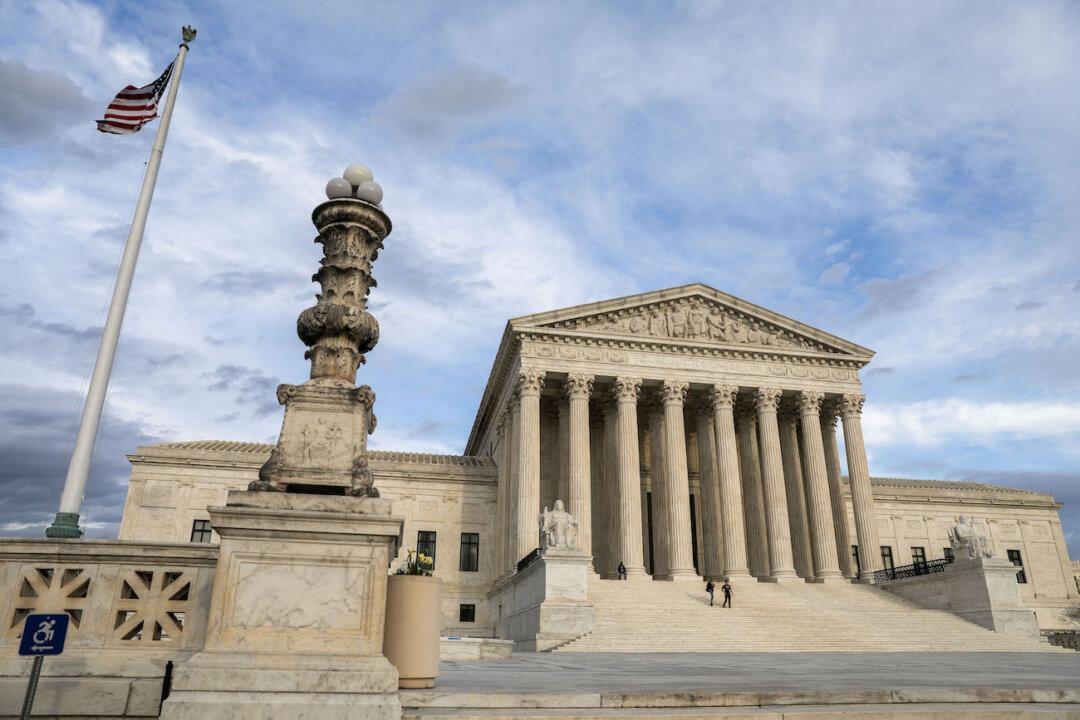The Supreme Court has agreed to review the constitutionality of the Indian Child Welfare Act (ICWA), which was enacted by Congress in 1978 to prevent non-Indian families from adopting Native American children.
On Feb. 28, the court granted the petition for review in the case, Haaland v. Brackeen, court file 21-376, which it consolidated with Cherokee Nation v. Brackeen, Texas v. Haaland, and Brackeen v. Haaland. The lead petitioner is U.S. Interior Secretary Deb Haaland.





